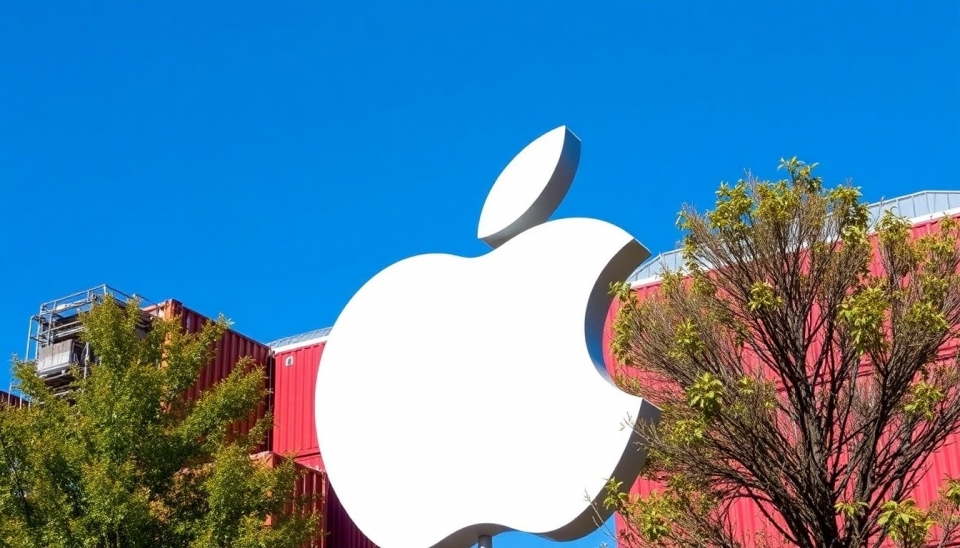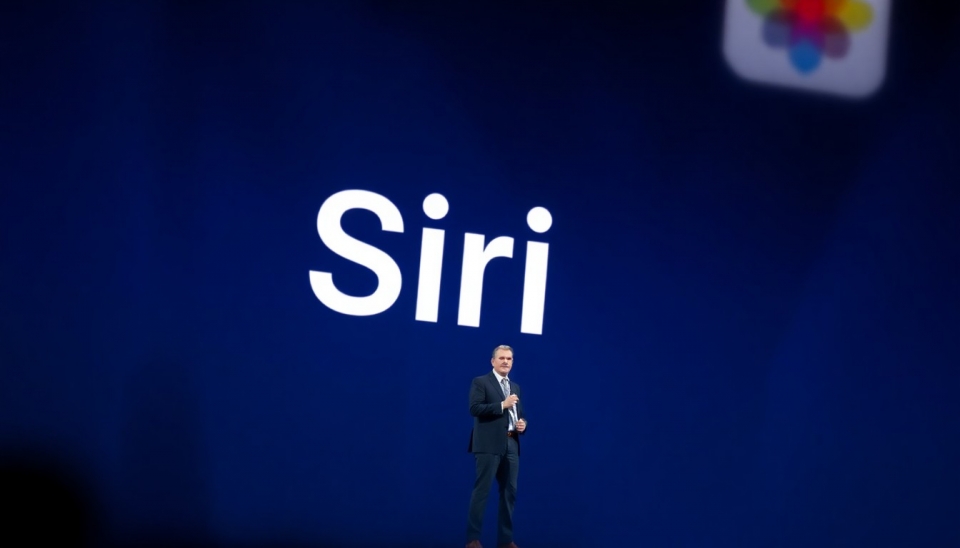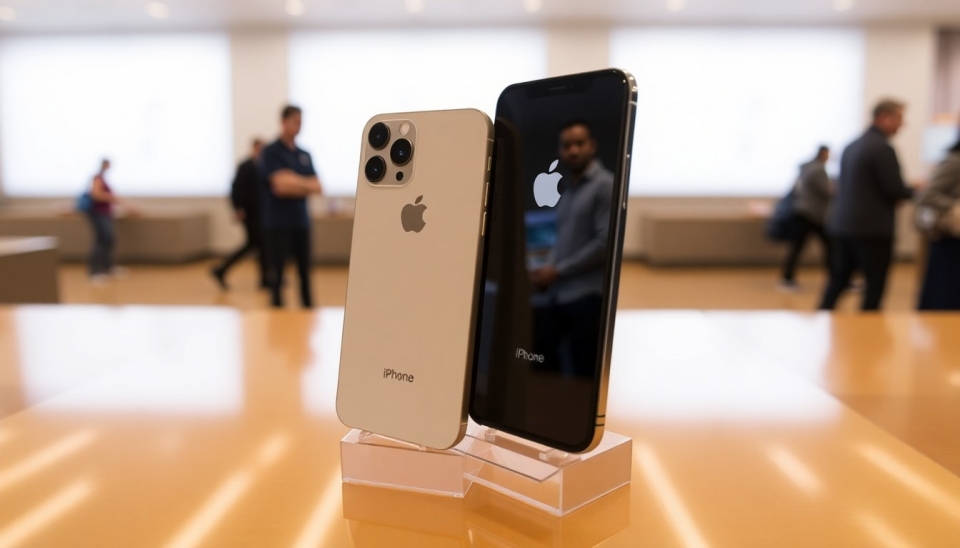
In a stunning turn of events, Apple Inc. found itself on the verge of a significant crisis just before a critical tariff concession granted by former President Donald Trump. This development sheds light on the delicate balance of international trade, corporate interests, and political maneuvering that has shaped the tech giant's operations in recent years.
As tensions between the United States and China escalated, companies like Apple were caught in the crossfire. With increasing tariffs on imports from China, Apple faced major implications for its manufacturing processes and pricing strategies. The threat loomed large, as the company heavily relies on Chinese factories for the production of its flagship devices, including iPhones and MacBooks.
Reports from insiders reveal that Apple's executives had been preparing for potential fallout, gravely concerned about the adverse effects that tariffs could have on their profitability and market share. With consumer electronics being a price-sensitive sector, any increase in production costs would likely lead to a rise in prices, putting sales at risk. This scenario presented a significant challenge for a company that prides itself on maintaining a loyal customer base, often willing to pay a premium for its products.
The urgency escalated as negotiations continued between the U.S. and China, with both parties struggling to find common ground. Apple executives were reportedly in close contact with key officials within the Trump administration, advocating for relief from the impending tariffs that would severely impact their bottom line. The stakes grew higher as the timing coincided with a crucial period for Apple, as it prepared for the launch of new products and sought to maintain its competitive edge in an increasingly crowded market.
Just when it seemed that further escalation was inevitable, a concession emerged from the Trump administration. In a surprising move, Trump announced a temporary suspension of the tariffs that would have targeted Apple products. This significant decision came as a relief not only to Apple but also to many other American companies that stood to be affected by similar trade policies.
The concession allowed Apple to recalibrate its strategies with a renewed sense of stability. By temporarily alleviating the financial pressures from tariffs, the company could continue its operations without passing increased costs onto consumers, thus protecting its market position. This action also demonstrated the influence that large corporations continue to wield over government policy, particularly during sensitive economic negotiations.
As Apple moves forward, the tech industry will undoubtedly keep a close eye on the evolving dynamics of U.S.-China trade relations. The swift action on tariff concessions has provided temporary reprieve, but deeper issues remain unresolved, and the possibility of future trade disputes still looms large on the horizon. Companies are now prompted to consider strategic pivots that could mitigate the impact of any future tariffs, such as diversifying their supply chains or looking into alternative manufacturing locations.
This latest chapter in Apple's corporate saga serves as a reminder of how intertwined global business operations are with political landscapes. As regulations and tariffs can change at a moment's notice, major corporations must remain agile and proactive to navigate the complexities of international markets effectively.
As Apple continues to innovate and introduce new technologies, the company’s resilience in the face of external pressures underscores its standing in the tech industry. Going forward, the tech giant will need to remain vigilant and adaptable amidst a fluctuating trade environment, ensuring its growth trajectory remains uninterrupted.
For now, it appears that Apple has dodged a significant bullet. Yet, the lessons learned from this precarious episode will likely inform their strategies and dealings in the years to come.
#Apple #Trump #Tariffs #TradeRelations #TechIndustry #CrisisManagement #BusinessNews #InternationalTrade
Author: Liam Carter




